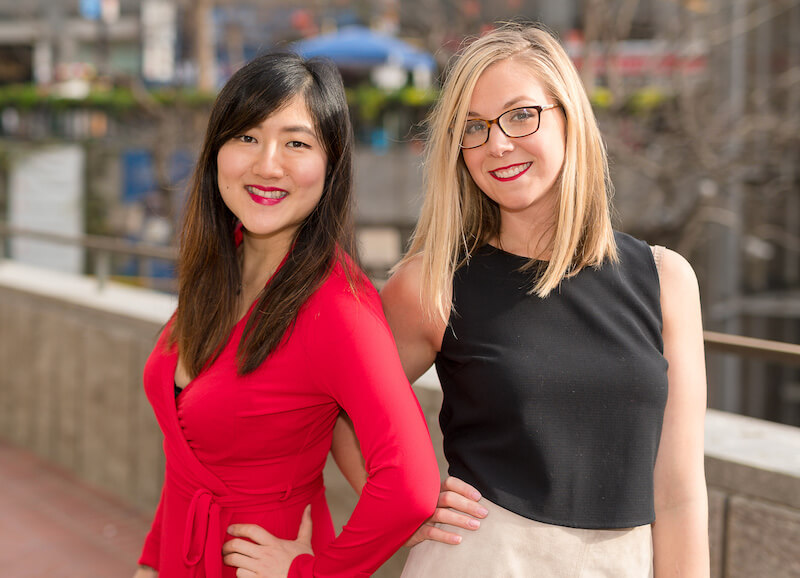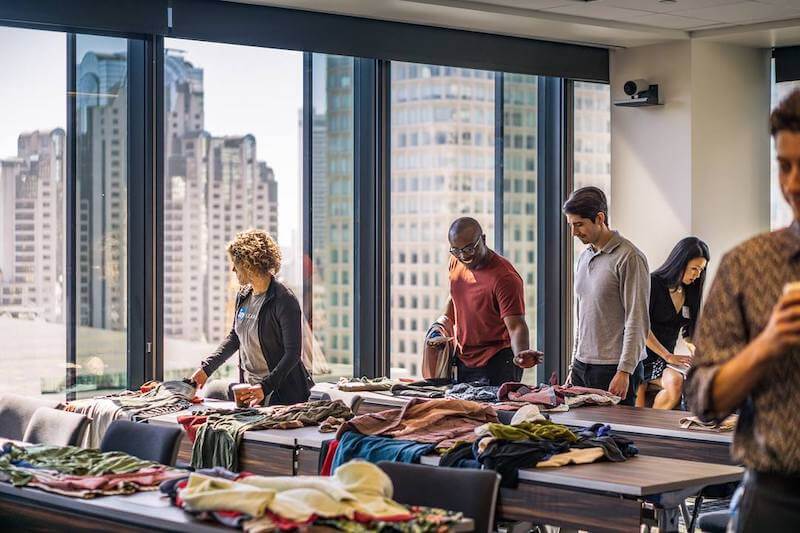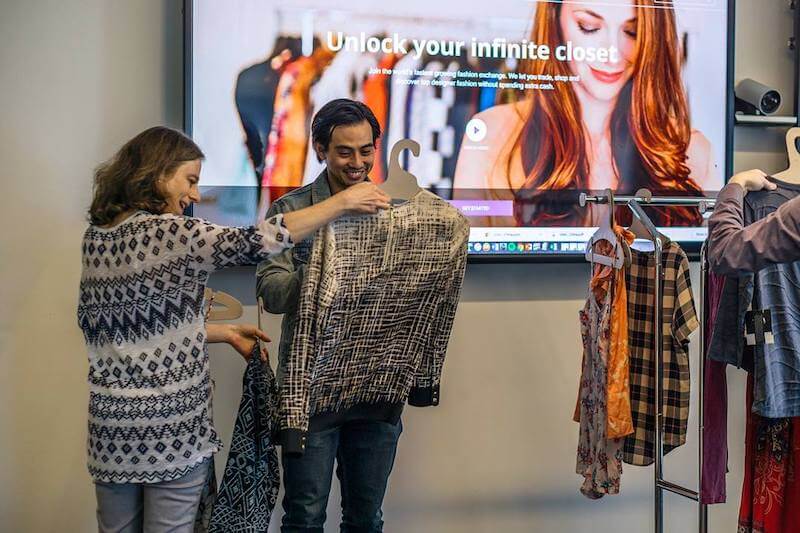Most women have one expensive dress hanging in the back of the closet, unlikely to be worn again or a classy handbag bought for a special occasion that hasn’t been used for years. But sometimes the problem is much bigger.
Janet Wu had been working since college as an investment banker, traveling to many parts of the world, and acquiring a wardrobe based on the demands of her job as a successful career woman in the world of high finance.
As she was approaching her thirties, Wu began to reassess her career, and realized that while she was economically successful, she did not feel at all passionate about her work. She spent time traveling in South America and saw first-hand some of the negative effects of over-consumption and lack of concern for environmental issues. Wu developed an intense desire to contribute to economic systems that are sustainable and environmentally friendly. When she returned to Hong Kong she began networking with various environmentally focused businesses and eventually relocated to San Francisco. As her working life changed, she no longer needed a wardrobe of fancy suits and dresses and says that “90% of my closet became obsolete.”

Now Wu was faced with a dilemma familiar to any woman with that unused designer dress hanging in the back of the closet. Consignment shops were readily available in the Bay Area, but the monetary return in selling items that way is pretty low. Wu’s growing interest in and concern for economic sustainability and environmental impact, combined with her personal over-abundance of clothing, led her to investigate the “life cycle” of clothing. She learned some discouraging facts. A June 25, 2014 article by Cassandra Cassillas of Opposing Views USA, quoted EPA data showing that in 2010 Americans threw out 13.1 million tons of textiles, of which only 15% was recycled. It has been estimated that the average American throws away approximately 80 pounds of clothing every year. Wu’s commitment to making a positive contribution to serious environmental problems grew stronger. In an interview on Republic.com on December 12, 2017, Wu explained that while the world is transitioning from resource abundance to resource scarcity, at the same time a “sharing economy” is growing quickly. All of this led to her idea for an online, high-end clothing exchange that would help alleviate some of the environmental waste, but also provide customers with a fair return for their unused clothing.
While attending a July 4th barbeque in 2015, Wu met Erin Wold and shared her idea. Wold had been living in San Francisco for about three years and had helped start a company that provided designated driver services. This company was particularly meaningful to Wold, as her own father had been hit by a drunk driver and continued to suffer effects from his injuries. Both women consider the purpose behind a business to be of great importance and as they discussed the idea of clothing exchange realized they might be the ideal partners. It turned out to be true, and by September of that year SilkRoll was on Facebook and beginning to attract interest.

SilkRoll faced a problem that is shared by most budding entrepreneurs: having enough inventory to satisfy the growing demand. In a “Business with a Purpose Podcast” on May 15, 2018, Wu and Wold described how they initially solved this problem. Knowing that many consignment stores have excess inventory, they created an email campaign to about 1,000 consignment stores, offering to relieve them of unwanted items. Just one store in nearby Walnut Creek had over 3,000 items of clothing sitting in a garage! SilkRoll continues to work with about 40 consignment stores today.

Selling and buying through SilkRoll is simple. Customers open an account through the website and receive a shipping bag. Clothes and handbags are sent in to the company and are evaluated and assigned points within a week of receipt. Initially points were assigned based only on the retail value, but eventually SilkRoll added a “market demand value” assessment, whereby double or triple points can be earned if the items are in high demand. The points can then be used to purchase clothes and accessories from SilkRoll. Customers have the choice of either paying a 7% transaction fee, or paying for a monthly subscription that waives the fee. Points can also be purchased if needed.
SilkRoll currently focuses on women’s clothing, but may expand to include men’s and children’s clothing and accessories and possibly sports gear and more. Committed to lengthening the life cycle of fashion, SilkRoll works with non-profit partners to sustainably recycle or upcycle any products they receive that are not suitable for resale on their website.

